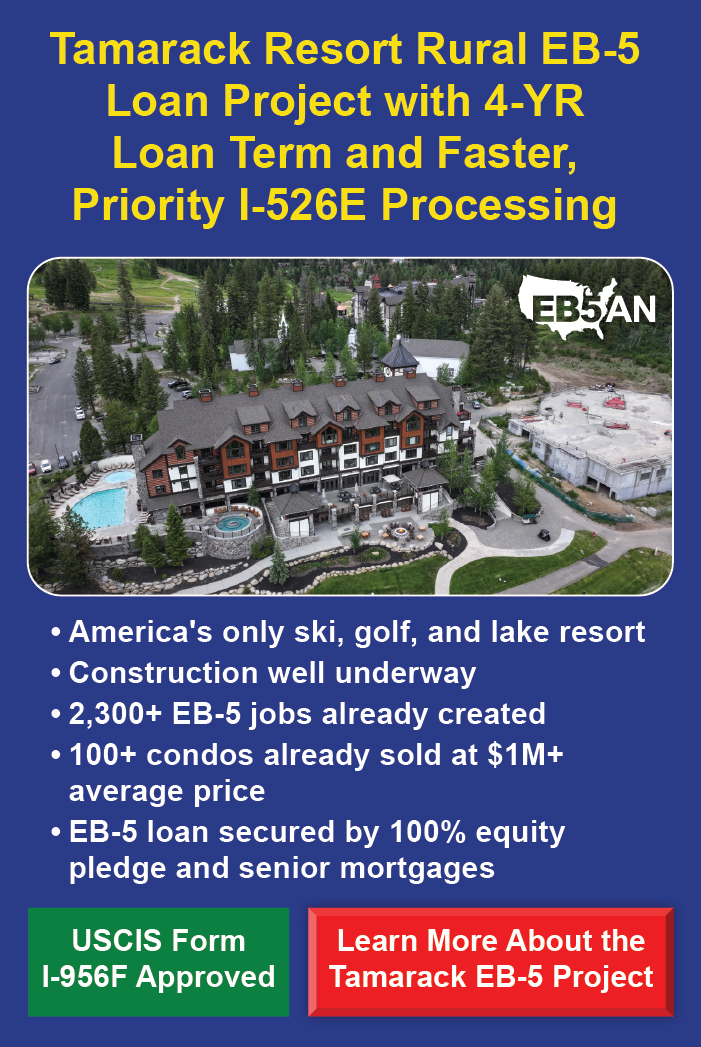
United States Citizenship and Immigration Services (USCIS) regulations allow for non-cash assets to be considered as appropriate EB-5 investment capital. These non-cash assets may include tangible property such as construction equipment, materials, or inventory. Individuals who invest such non-cash assets in qualifying U.S. projects can participate in the EB-5 visa program. Of course, they will have to comply with all the USCIS guidelines governing EB-5 investments, including the minimum required amount, the job creation criteria, and the at-risk requirement. Before investors file their I-526E petition, all the investment capital should be irrevocably committed to the EB-5 project.
Even though EB-5 investors are allowed to use non-cash assets as investment capital, they may need to go to greater lengths to comply with USCIS regulations than investors who use normal funds. For example, non-cash assets must be appraised carefully. Further, USCIS strictly requires that all EB-5 investors trace their invested capital and any funds used to pay administrative fees and costs back to their origin to prove they were sourced legally. Investors must include all the necessary documentation proving the legality of their invested capital in their I-526E petition, and doing so will require thorough research.
USCIS requires investors to demonstrate that their capital was legally sourced with “a preponderance of evidence” (meaning that their documentation should prove the legality of the capital with greater than 50% certainty). In light of this high evidentiary standard, investors should be aware that using non-cash assets for EB-5 investments may make it harder to prove that the capital was lawfully sourced.
Additionally, investors will have to consider how the non-cash assets will fit into the EB-5 project’s business plan and contribute to creating or saving the required number of jobs. USCIS must receive proof that these criteria were fulfilled.
Given the complexity of the EB-5 program, investors would do well to consult with reliable immigration attorneys or EB-5 experts when planning their investments.







